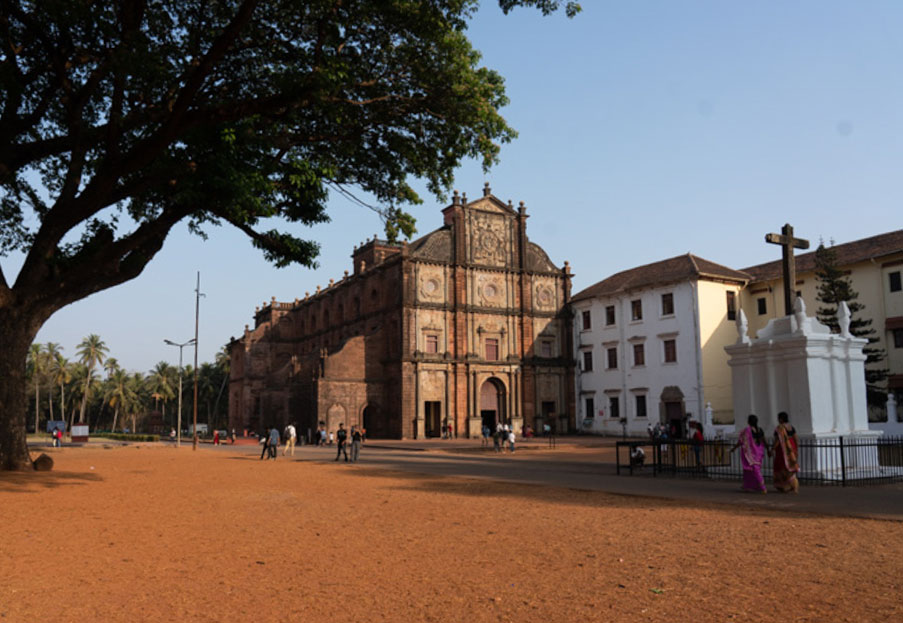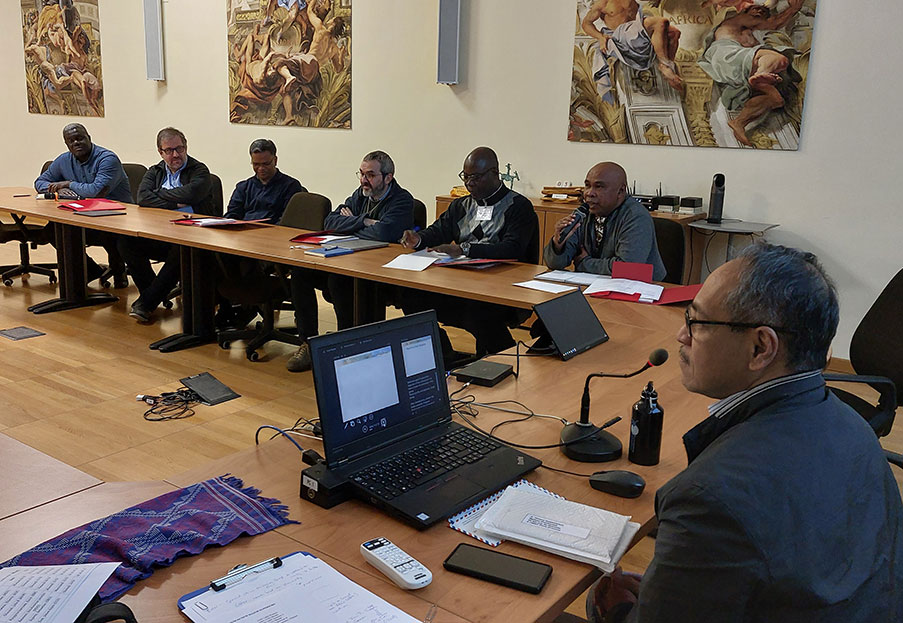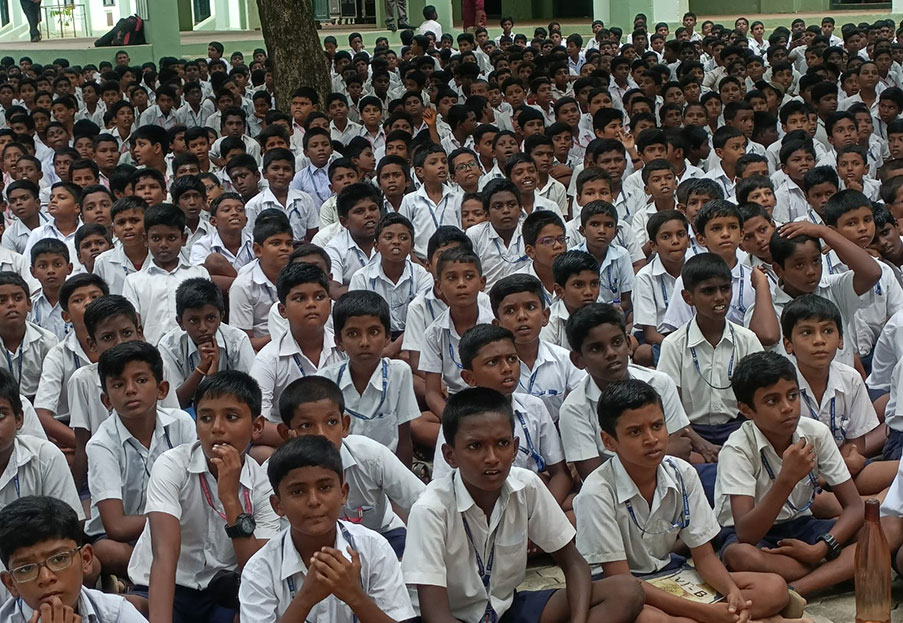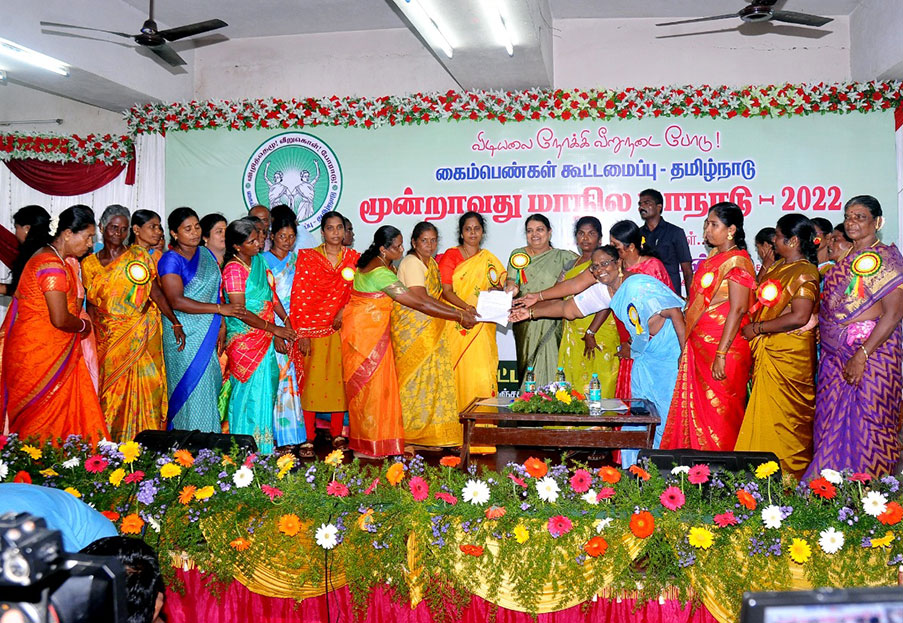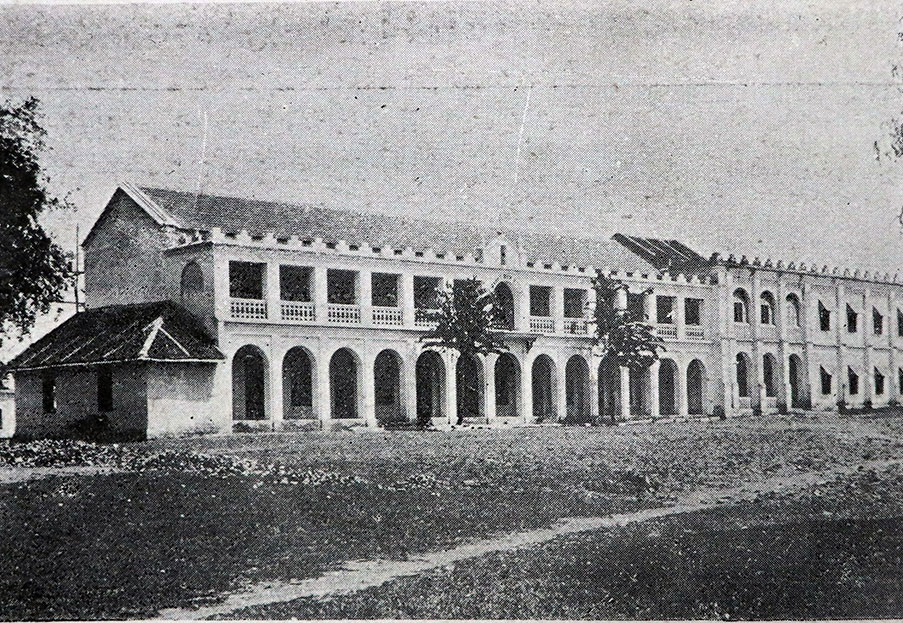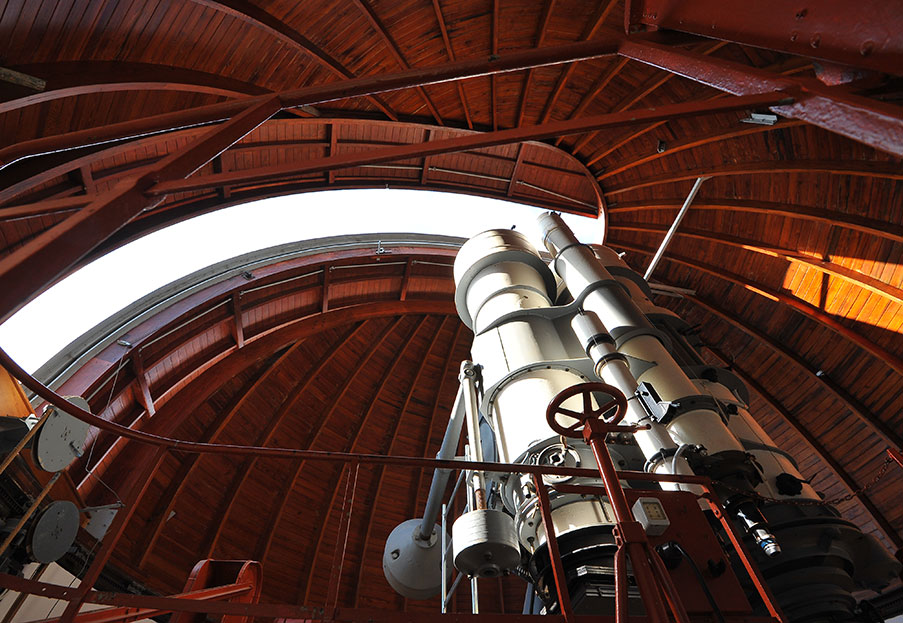Nepal – An earthquake that shook the Jesuits
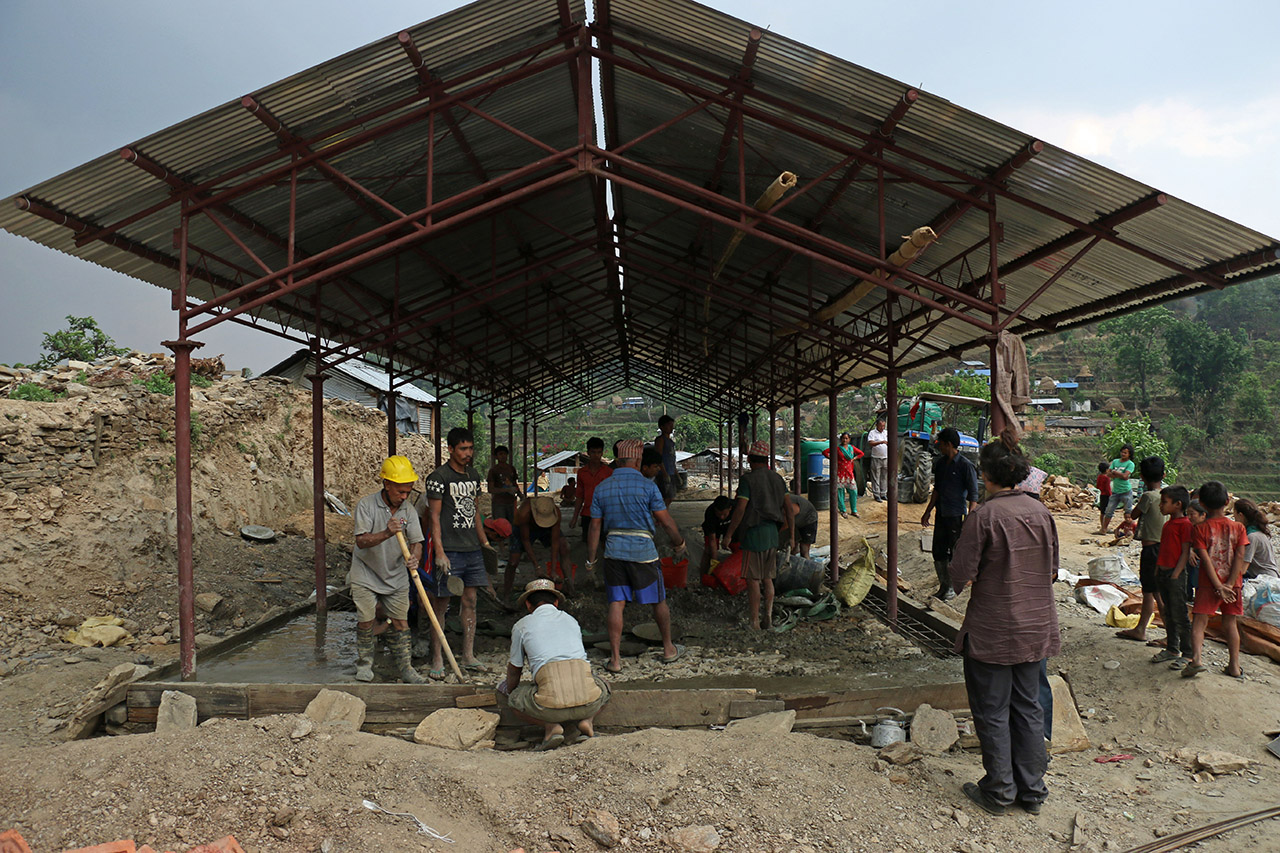
At 11:56am on Saturday, the 25 of April 2015, a powerful earthquake swept through the Himalayas, destroying entire villages and leaving wide swaths of destruction across half of Nepal. While news networks around the world rushed to air footage of inconvenienced tourists and mountaineering tragedies, the unpublished disaster that struck the people of the region was far worse. Families decimated, homes wiped out, an entire generation – already poor - that became instantly unemployed. For many, the devastation was too much, driving them to despair, hopelessness shrouded in the resignation that at best, nobody knew of their plight, and at worst, nobody cared.
The Jesuits of Nepal, who have been serving the communities of the region for generations, were also directly affected by the earthquake: many of their buildings were made unusable, their institutions crippled. However, faced with the overwhelming suffering of the most vulnerable in the region, their gaze turned first to the poorest people in the rural areas that have historically been underserved. Together with the support of their fellow citizens, of organizations from around the world, and of the worldwide Society of Jesus, they got to work.
Fr. Boniface Tigga was the Regional Superior at the time of the disaster. We asked him to share his reflection of the mission in those days.
“The Jesuits in Nepal responded in various ways. Immediately after the earthquake, together with the students of St. Xavier’s College, they went into action by providing food, shelter and educational materials to some 80 schools. During the first three years, we responded in 12 affected districts, rebuilding 70 schools, four residences for homeless youth and about 200 homes. We also set up seven women’s centres, which became training centres for agriculture, capacity building and community organization. In addition, 400 teachers have benefited from training sessions to strengthen the quality of education in the area. As for students, we have focused on strengthening their leadership qualities.
All of this was largely done in connection with the national centre that we created on 19 April 2015, less than a month after the earthquake. The Nepal Jesuit Social Institute (NJSI) was established because of the earthquake, but its permanent nature allows it to have long-term plans for capacity building development in eight new districts.”
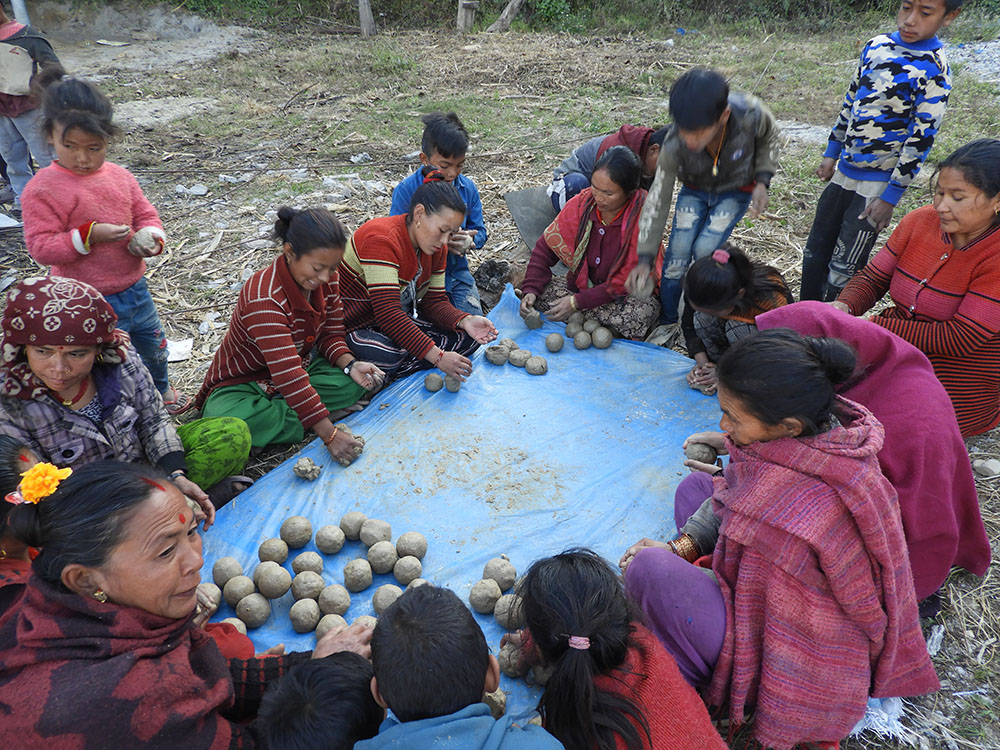
The director of the NJSI, Jesuit Fr. Roy Sebastian, told us:
“Until the earthquake of 2015, Jesuits in Nepal had been mainly active in private education and research in the fields of history, religion and culture. They remained mostly in the districts of Kathmandu, Jhapa and Kaski. The earthquake opened up avenues to new frontiers. After the emergency relief, it soon became clear that we needed to go further by establishing a strong institution that would cover both emergency relief, social engagement and community development interventions. Thus the Nepal Jesuit Social Institute (NJSI) was born.
In the five years since responding to the immediate needs of people affected by the earthquake, NJSI, with the help of partners such as the Xavier Network, has been able to build public schools, shelters, drinking water systems, and community centres especially for rural women. Training workshops have been offered in areas such as agriculture and livestock keeping, tailoring and beautician, computers and electricity, soap production, etc. Eco-clubs have been set up in 14 schools. We are now seeking to improve our educational services in collaboration with Fe y Alegría and the Jesuit Worldwide Learning.
Currently, NJSI is at the forefront of frontier missions in Nepal. A commitment entrusted to us by the Superior General of the Society of Jesus through the Universal Apostolic Preferences. Whether helping migrants and marginalized people, accompanying young people, raising people’s ecological awareness, or offering spiritual guidance, NJSI continues to move forward, inspired by its motto: ‘Reaching the Unreached’.”
For more information about the work of the Society and its partners, watch the interview with the current Regional Superior of Nepal, Fr. Amrit Rai. We asked him the question: “What effects did the 2015 earthquake have, and what effects does it still have on the Society of Jesus in Nepal?”
